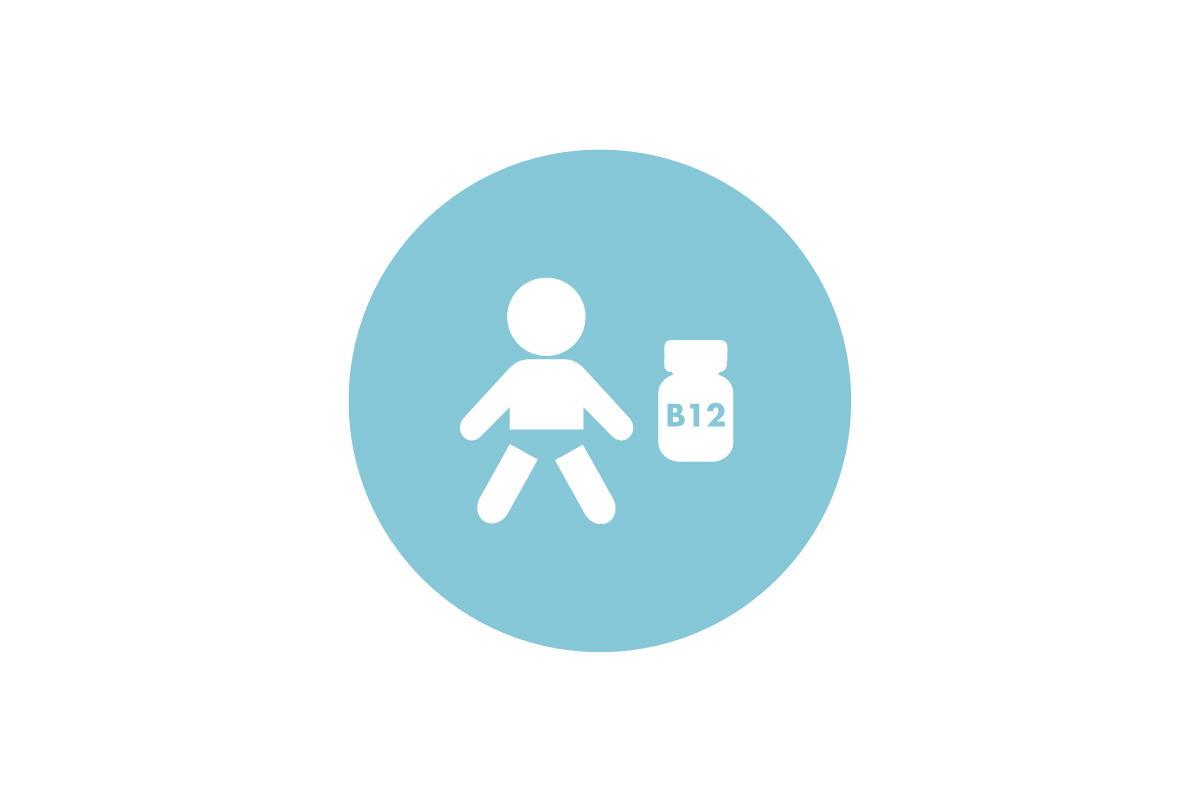Child B12 Follow-up
This is an extended follow-up of 600 Nepali children enrolled in a previous Vitamin B12 supplementation trial. It aims to assess the effects on neurodevelopment and growth 1 and 2 years beyond supplementation.
Main content
The effect of vitamin B12 supplementation on growth and neurodevelopment in Nepali children after one and two years - extended follow up
Vitamin B12 is involved in the metabolism of every cell and has a key role in the functioning of our nervous system. Vitamin B12 deficiency is one of the most common micronutrient deficiencies worldwide and can occur at all ages. An association between vitamin B12 deficiency with neurodevelopment and child growth has been reported with potentially irreversible impairments. It is therefore important to study to what extend an improvement in vitamin B12 status in children also improves developmental outcomes, and which populations potentially benefit the most.
The first 1 000 days of life, starting at conception, represents a particular vulnerable period for neurodevelopment and growth. The timing of a nutritional deficiency during these 1 000 days may have differing effects on different functions and areas of the nervous system. It is thus important to study at which age supplementation might result in improved functioning on different sub-scales of development and to assess if effects persist after the end of supplementation.
This study is a follow-up of an ongoing randomized placebo-controlled trial. In total, 600 Nepalese children were enrolled at age 6-11 months, and half of them received 2µg of vitamin B12 supplementation daily for 1 year. The trial aims to assess improvements in neurodevelopment and growth after one and two years after the end of supplementation. It will provide information expanding on that being provided by the CISMAC study on vitamin B12 supplementation during pregnancy. These studies combined will be the most comprehensive study on the effects of vitamin B12 supplementation throughout the most vulnerable period of life. The results can be used to guide national and international nutrition recommendations.
Principal Investigator:
Tor Strand, Innlandet Hospital Trust, and University of Bergen, Norway
Laxman Shrestha, Tribhuvan University, Nepal
Manjeswori Ulak, Tribhuvan University, Nepal
